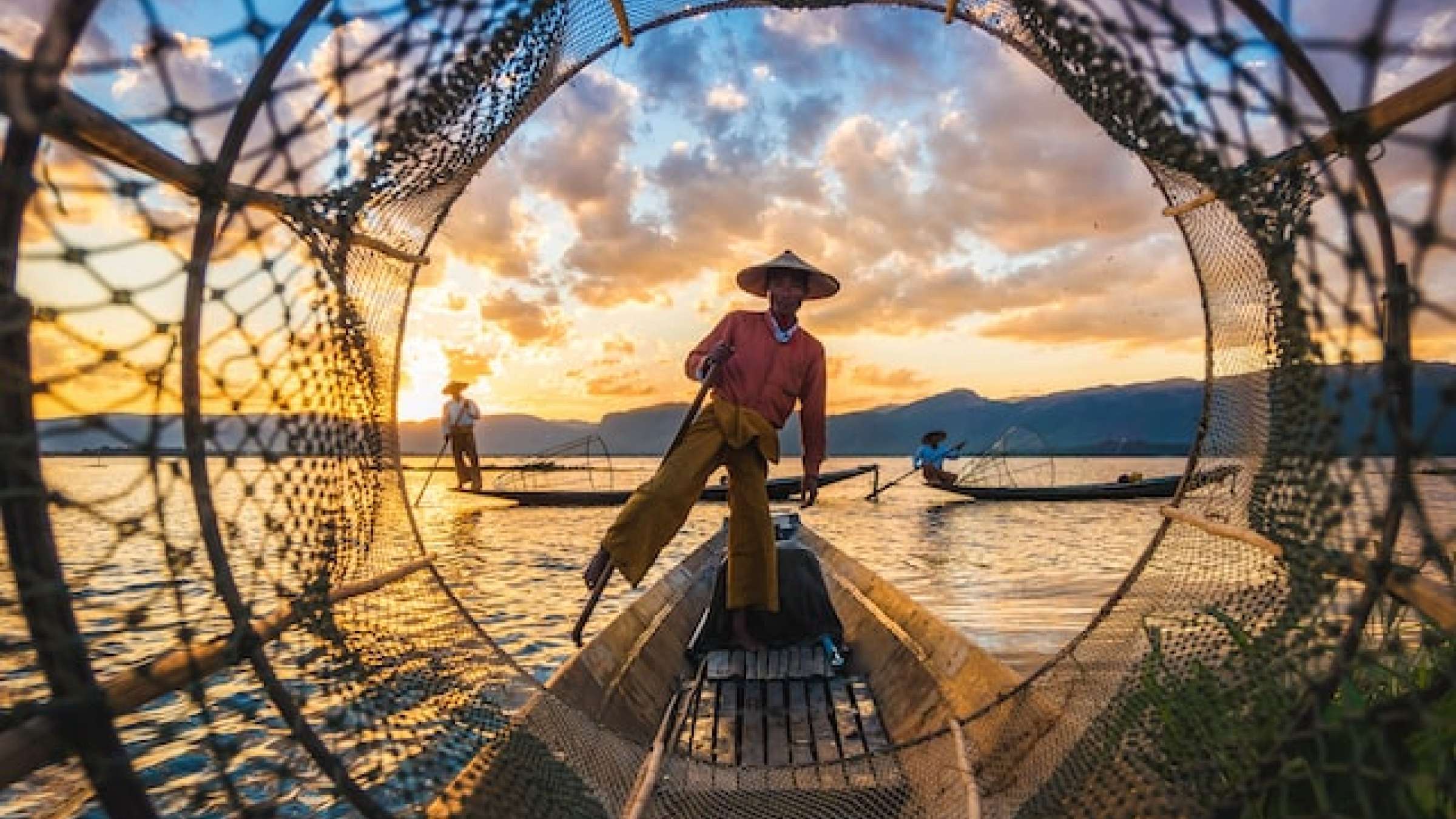Scaling up local implementation of Sendai Framework for DRR
In the face of climate change threats and disaster crises, local communities are organizing, partnering and devising strategies to scale adaptation to climate change and disaster risk reduction actions that advance resilient development. These actions, and as the UN Commission on the Status of Women has recently reaffirmed the leadership of women's and girls in communities, are key to achieve progress on the implementation of global policy frameworks such as the Sendai Framework for DRR, the Paris Agreement and the SDGs, yet rarely do grassroots women, local communities and other local actors have a voice in the decisions that most affect them. We need to shift the status quo from current top-down approaches to a new model where local actors have greater decision making power, access to financial resources and institutional support to build resilience
Partnerships between community-led organizations, local governments, multilateral and bilateral institutions and other development partners reinforces efforts to scale and accelerate the local implementation of national policies and global frameworks through resourcing community-based organizations, including women-led organizations, with flexible funds for learning, capacity building, innovation and integrating them into public decision making and policy spaces. Such collaboration also helps in empowering women and their communities and leads to transformative change. As community-based organizations are familiarized with and contribute to government mechanisms, policies and programs, and as government and other stakeholders become more familiar with the expertise in communities, collaborative plans emerge that accelerate progress in implementing the Sendai Framework.
Through a community of practice, in this session local actors and partners will share progress and lessons learned to enhance understanding of what is needed for effective, equitable locally led adaptation to climate change and disaster risk reduction, with a particular focus on partnerships and flexible financing.
Session objectives
- To discuss how local actors, including women-led, community -based organizations in poor communities, scale up and accelerate the implementation of the Sendai Framework
- To understand the challenges faced and opportunities for initiating and sustaining partnership between grassroots, community-based organizations, government and other institutional and financial partners to accelerate the implementation of the Sendai Framework
- To identify immediate entry points for collaboration
Speakers
- Violet Shivutse, Shibuye Community Health Workers
- Claudia Herrera, Executive Director, CEPREDENAC
- Suprayoga Hadi, Deputy, Policy Support for Human Development and Equity, Office of the Vice President, the Republic of Indonesia
- Vincent Gainey, Climate Resilience Advisor at Foreign, Commonwealth and Development Office, UK Government
Learn more
- How are local actors contributing to the Sendai framework? What tools, capacities, practices, resources and leadership are they bringing?
- How are community-based organizations, local governments and other local actors partnering to scale DRR actions? What are the challenges and enablers for these partnerships?
- How can the government, multilateral, bilateral institutions and other institutional partners collaborate with community-based organizations and other local actors?
- How can investments reach the local level to scale up effective, inclusive DRR and resilience of vulnerable communities?

Agenda
Location
BICC Ground Floor
Online access
Participation
Open to those registered for the conferenceDetails
Contact
Rocio Diaz Agero [email protected]
